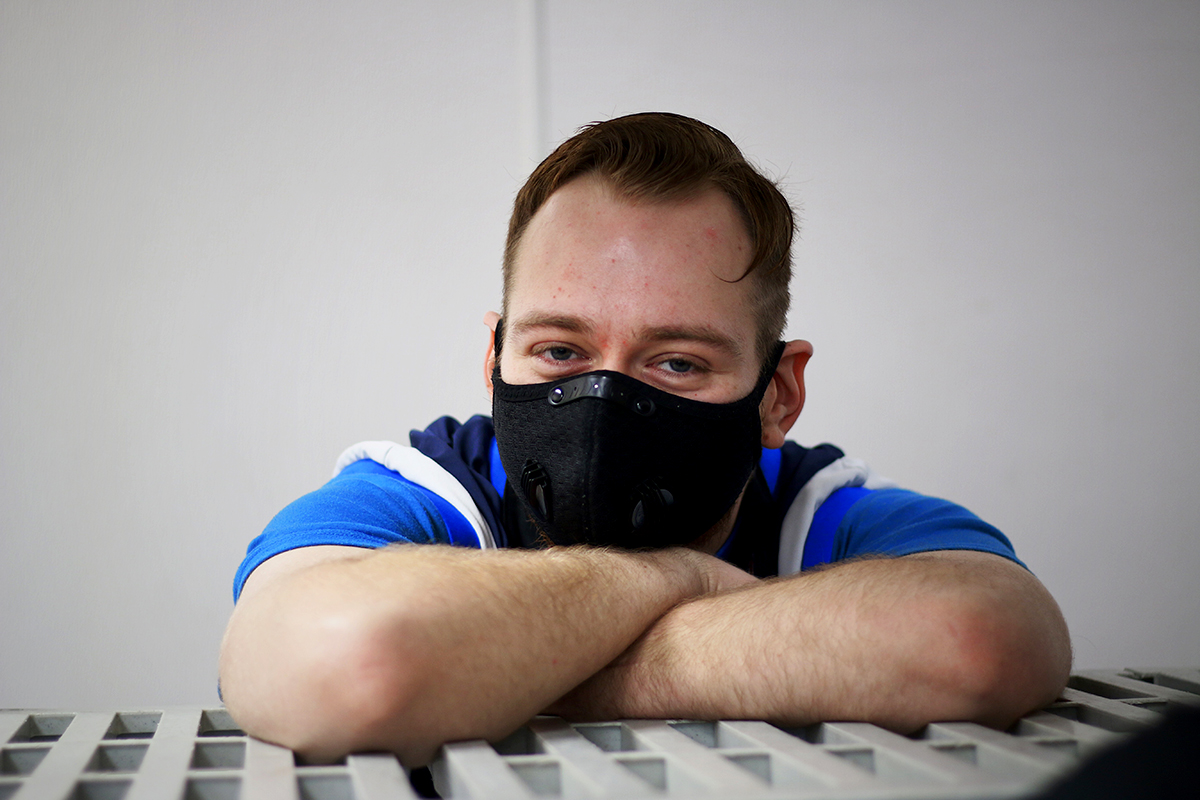
Photo by Michael Seid.
Listening is the First Step to Helping Someone in Mental Distress
The COVID-19 pandemic has taken a toll on our collective mental health. You may be feeling pandemic fatigue, a mental condition caused by living in a high state of anxiety and grief for a long period of time. Adding to that, COVID-19 safety restrictions have reduced access to resources and further strained the mental well-being of people in our communities. Awareness of mental health is at the front of many of our minds for the first time.
“We do not have enough resources for mental health,” says Debra Fresh, a Case Manager at Blanchet House and Farm. “It takes more mental health organizations, but also community efforts. Each individual in the community educating themselves by breaking down their own thoughts.”
Blanchet House and Farm offer transitional housing programs to people in need of support for mental health and substance abuse challenges. Staff connects clients with resources but it takes trial and error which can take months. A long-term safe and supportive living arrangement is critical to making lasting changes to someone’s health. But housing alone will not solve mental health problems.
“It’s about getting them the right resources,” says Fresh. “We really need to be taking the extra time to get people into the right program. There is a solution for every person but there isn’t one box that everyone fits into.”
But what can people without training in mental health care do to help their friends, family, and community? Many of us don’t have the knowledge or tools to support people who are struggling with mental health. Fresh says that simply being there for people is the first step.
“Listen. There’s sympathy, and there’s empathy. Nobody wants sympathy. Sympathy is listening to other people through your eyes,” Fresh explains. “Empathy is listening enough to see it through their eyes. Sometimes it’s sitting quietly with people and listening to their story. Sometimes it’s just sitting and having a coffee and telling your own story. Laughing with somebody.”
Having good mental health is key to having a healthy lifestyle overall, but if we want to achieve this, we must be able to listen to each other and understand where our stories come from.
—by Michael Seid














